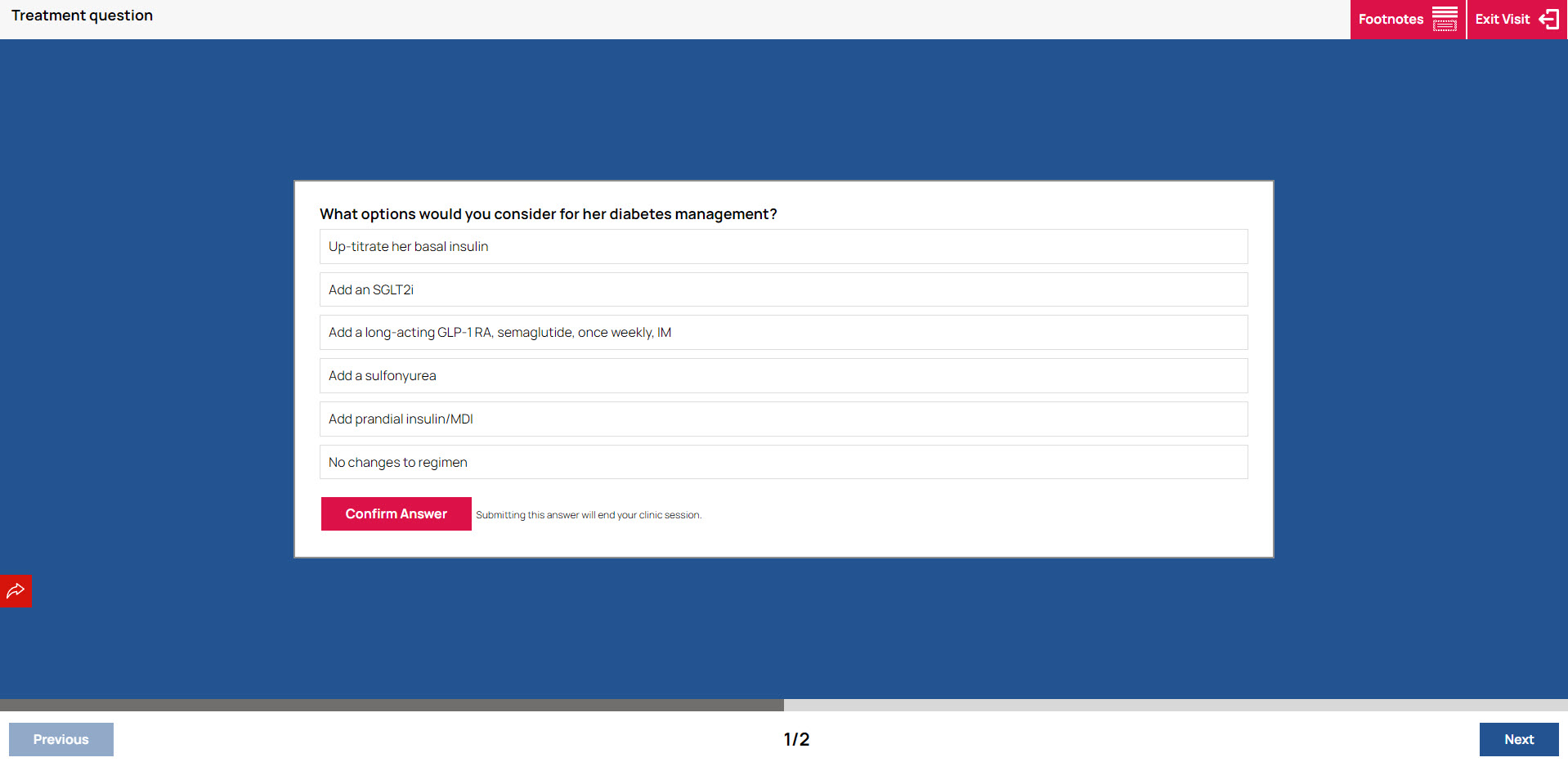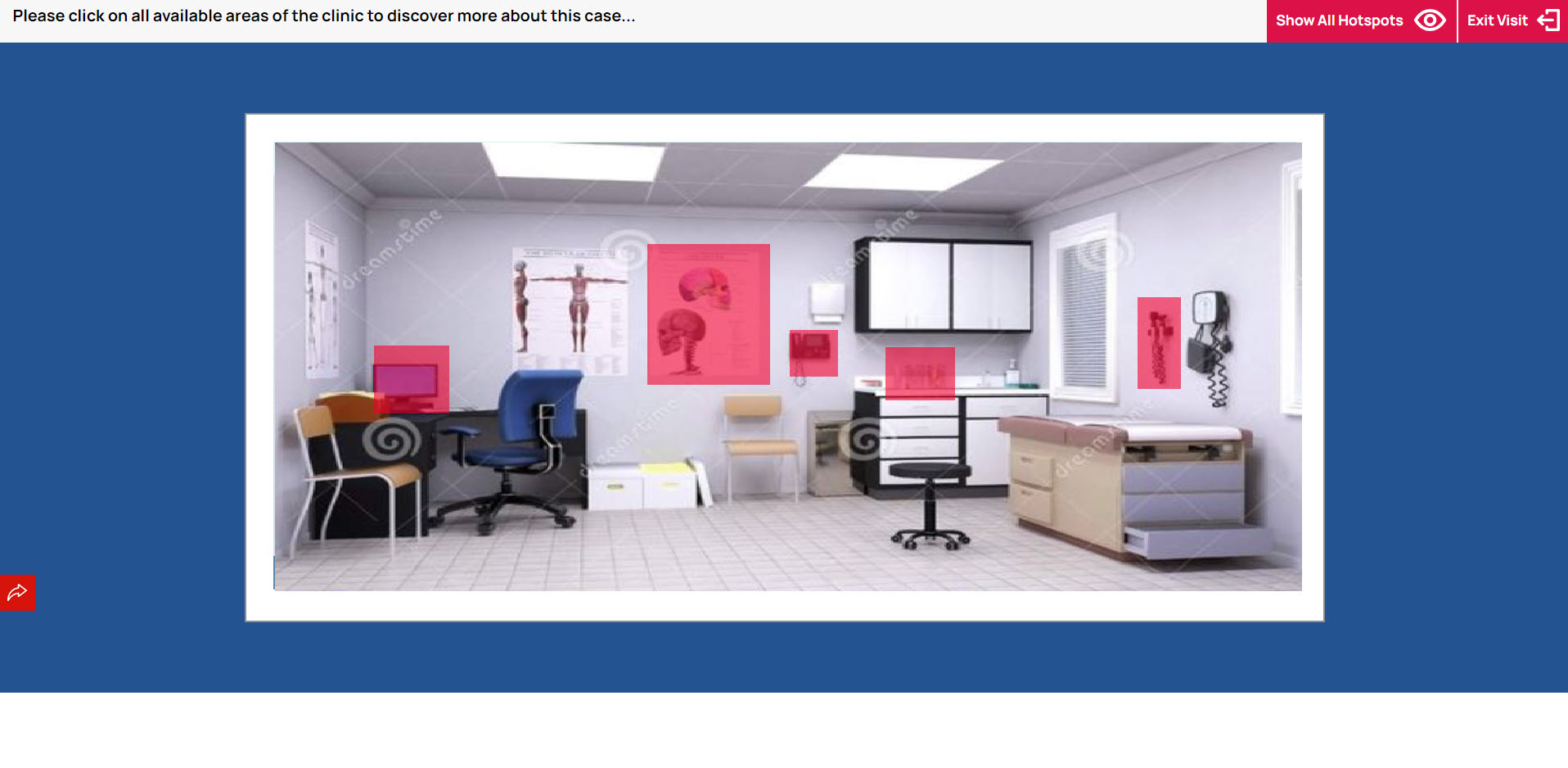Welcome to iCases: Demonstration site
What is iCases?
A new approach to case-based learning.
Users navigate through immersive, real-life case studies, making decisions at key clinical points.
iCases can be delivered in an integrated, omnichannel manner to maximise engagement and participation.
This site provides information about the self-directed iCases learning.
How does it work?
- Each case is split into 3–4 virtual clinic visits and follows the patient along their clinic history.
- Each clinic visit has everything needed in order to make the next treatment choice, including lab results, history and physical examination insights.
- At the end of each visit, the user will be asked to choose their preferred treatment choice.
- Users will then be shown how their treatment choice compared to their peers (anonymously).
- The presenting expert will then provide an overview on the treatment choice at the time and their rationale.
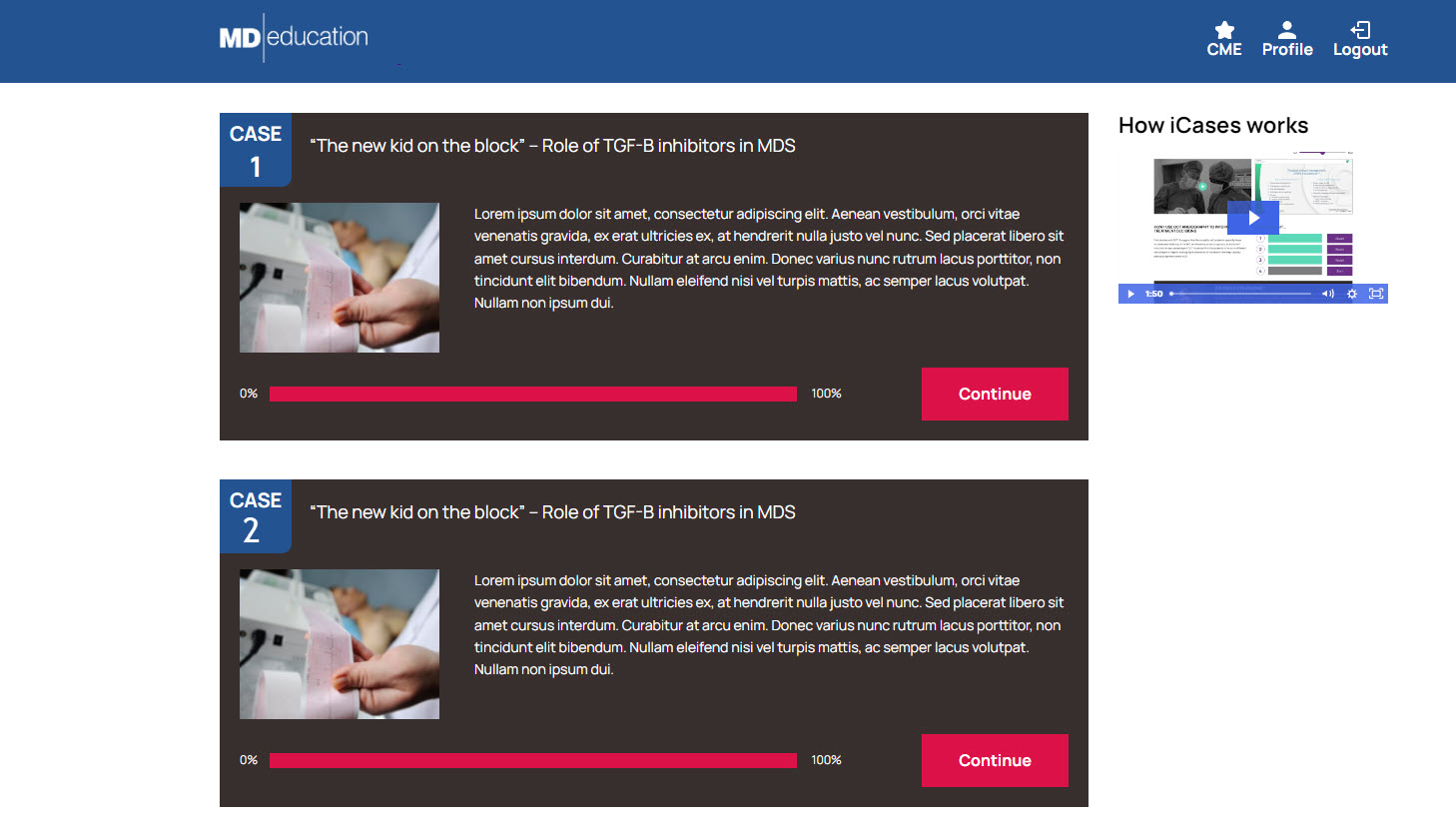
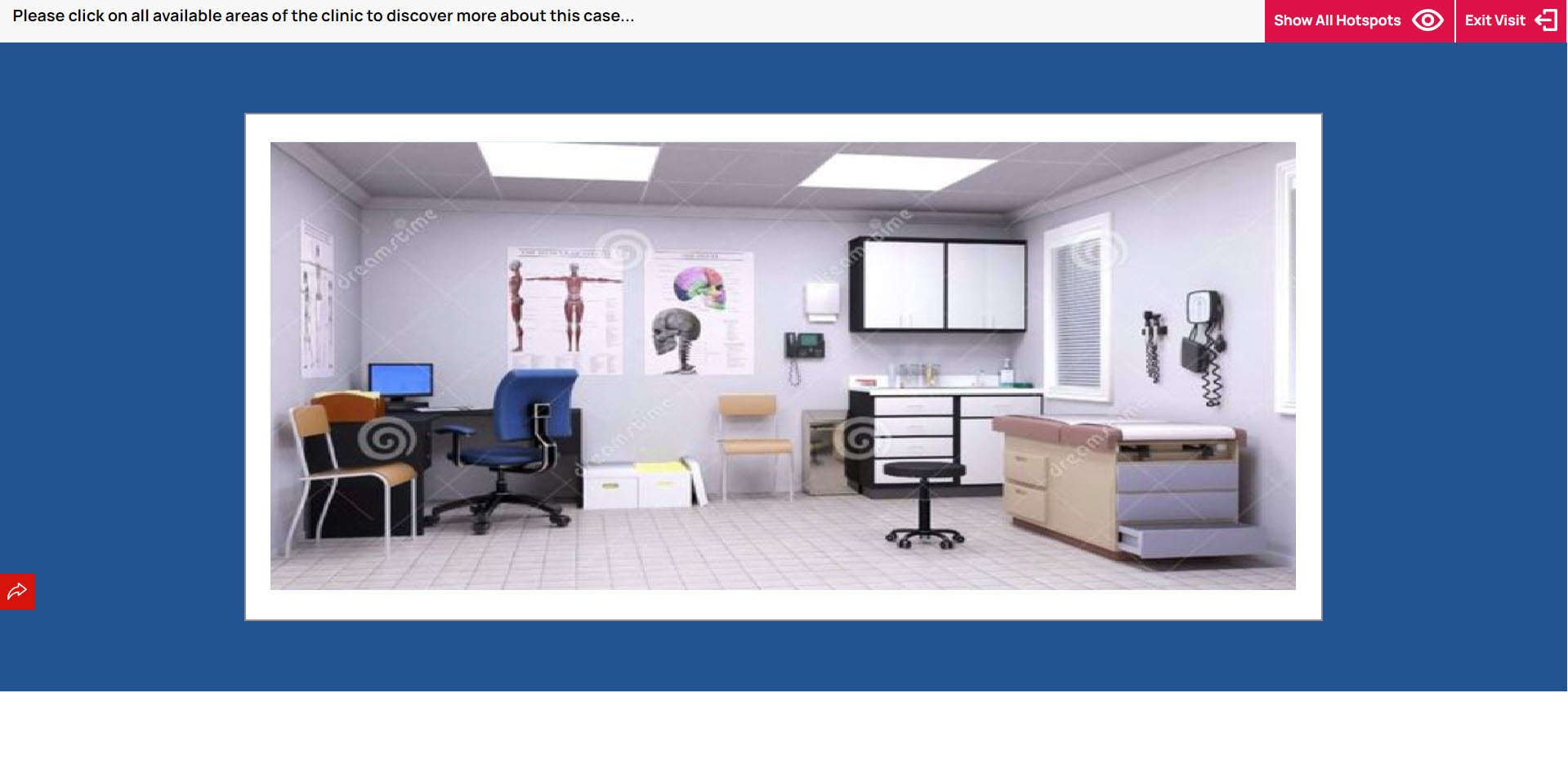
Presenter
Rami Kimrokji, MD
Lorem ipsum dolor sit amet, consectetur adipiscing elit, sed do eiusmod tempor incididunt ut labore et dolore magna aliqua.
Lorem ipsum dolor sit amet, consectetur adipiscing elit, sed do eiusmod tempor incididunt ut labore et dolore magna aliqua.
Lorem ipsum dolor sit amet, consectetur adipiscing elit, sed do eiusmod tempor incididunt ut labore et dolore magna aliqua.

5 reasons why I should register for iCases
From patient history to treatment choice, key information is presented to support decision points.
Explore a wide range of real patient cases presented by internationally renowned experts.
Each case provides everything the user should need to make a diagnosis and treatment decision; lab results, patient history, imaging and physical examination.
Allows users to benchmark treatment decisions alongside their peers (anonymously) and the actual treatment given.
iCases remembers; start, pause, re-visit cases as you wish.
How do I access iCases?
Simply click the registration button and complete the short registration form.

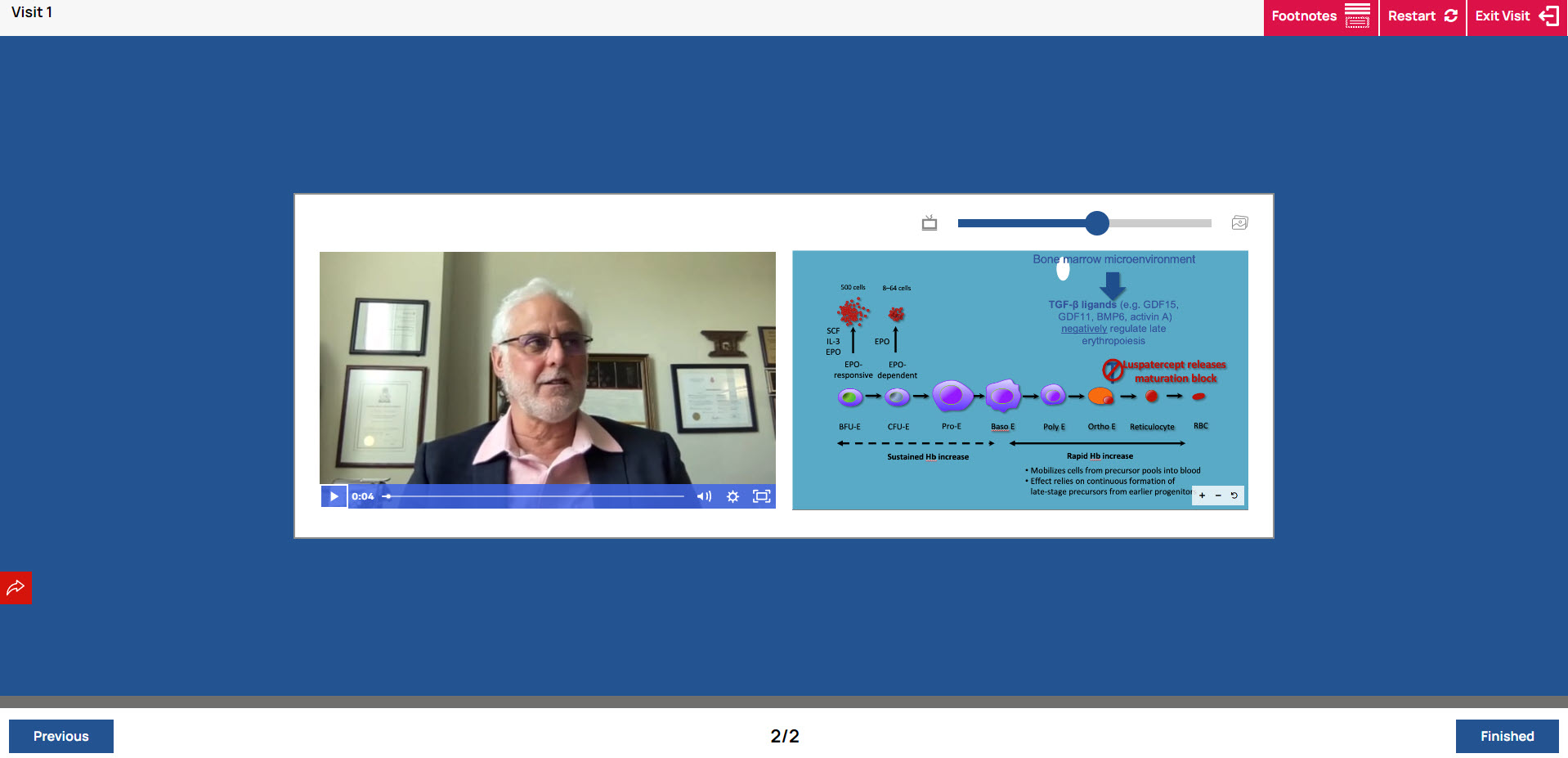
What will I learn?
Explore case studies of real patients with:
- Specific disease types
- Specific co-morbidities and/or side effects
- The opportunity to switch treatment
- Unusual presentations
